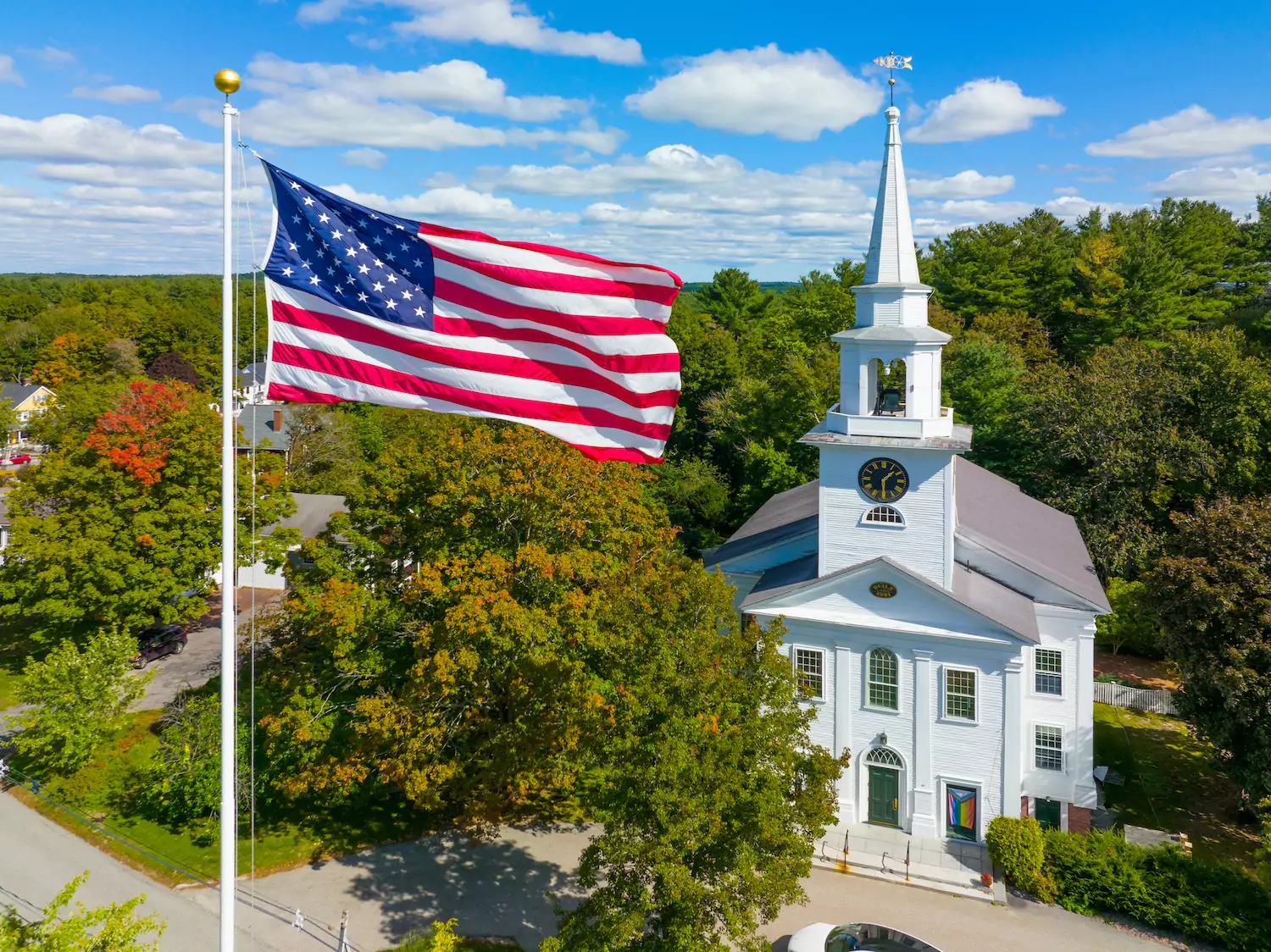Reconciling Political Divisions in the Church
Estimated reading time: 6 minutes
In his seminal work Evangelicalism in Modern Britain, historian David Bebbington identified four pillars of what would become known as the evangelical movement.
The first is conversionism, the notion that any genuine expression of the Christian faith must involve a conversion experience, so we ought to diligently seek the conversion of others. The second pillar is biblicism, a belief in the inerrancy and authority of the Bible. The third is crucicentrism, a conviction that the sacrificial death of Jesus is the center of God’s plan to save the world. The final pillar is activism, the notion that Christian beliefs ought to move us out into the world to effect positive change in society.1
That final pillar is why, at different times in history, evangelicals have stood at the center of movements to promote the abolition of slavery, widespread literacy, prison reform, and the outlawing of alcohol consumption in the United States. But in the past few years, the impulse toward social engagement has borne bitter fruit in many American congregations. Sadly, the bitter political divisions that have recently become prominent in our civil discourse have made their way into many church families.
The importance of unity in local congregations
On the one hand, this development was predictable. As believers increasingly see political engagement as a crucial (and even central) part of their discipleship, living happily in churches with believers who support different candidates and parties becomes harder and harder. While most Christians will agree broadly on many political issues (opposing abortion, opposing racism, encouraging integrity in government, defending a Biblical understanding of gender and sexuality), they may not agree on which of those issues are most pressing and which candidates are realistically positioned to secure the best and most important results. In such a context, division and disunity are almost inevitable.
The problem is that the Bible speaks in the strongest terms about the importance of unity in local congregations, and there do not seem to be any exceptions for disagreements over dearly held political opinions. The way that we delight in and fellowship with our brothers and sisters is meant to be a picture of the boundary-crossing love God has shown us in Christ. Any failure to accept another believer is to find oneself “not in step with the truth of the gospel” (Galatians 2:14). Love for a brother in Christ is evidence that one “abides in the light.” In contrast, hatred for a brother indicates someone walking “in the dark” (1 John 2:10-11). “Enmity, strife, jealousy, fits of anger, rivalries, dissensions, division” are all “works of the flesh” (Galatians 5:19-20). At the same time, the fruit that the Spirit bears in his people takes the form of love, peace, patience, kindness, and gentleness (Galatians 5:22-23).
How did we get here?
Not in any way to minimize the importance of a Christian’s civic engagement, but it is very difficult to read the New Testament and come away with the impression that the Lord Jesus is more concerned with the way we vote than with the way we love and accept our brothers and sisters in Christ. The question, then, is: how did we get here? If the Bible is clear that love and unity in the church are crucial, why are so many Christians willing to enter into bitter conflict to defend their political views?
While these are complex questions, and I’m not qualified to speak to some of the larger historical and social phenomena that lie behind the divisions we see in American congregations, from a theological perspective, it does seem that we can identify a central cause: the marginalization of the gospel in our congregations.
While evangelical congregations continue to proclaim the gospel message and believe the gospel message, it seems many churches are more energized by sermons and debates over political issues than they are by the message of Christ crucified and raised from the dead for our sins (1 Corinthians 15:3-4). We can identify why we have developed this kind of warped appetite. A sermon about politics identifies people who think like me as the “good guys” and calls me to do my best to stop the bad people from ruining our great country. A sermon on the gospel, however, identifies me as a sinner who deserves God’s judgment (Romans 3:10-18) and calls me to renounce myself (Matthew 16:24) to follow the Lord Jesus on the difficult path of discipleship (Matthew 7:14). It doesn’t take a lot of insight to determine which of those two messages will fill more auditoriums and motivate involvement in the church.
My fellow pastor, disunity in the church is a terrible thing. But it is equally wicked when a congregation finds unity in anything other than the gospel of the Lord Jesus Christ and the powerful work of the Spirit in God’s people. Satan, the great enemy of the church, is happy for your church to be a place of harmony and peace so long as its concord is forged by something other than the Good News.
What’s the solution?
I believe the solution to our problem is clear—a commitment to the centrality of the gospel in our church relationships. The gospel message tells me that though I deserve his wrath and condemnation, God has sought me in love and bought me at the greatest price imaginable. It tells me that I am completely loved, utterly accepted, and totally justified by God—not because of who I am, but despite who I am. When we don’t just tack that message on to the end of a sermon as part of an “altar call,” but it stands at the very center of everything a church does, we will have a chance to see real, Spirit-wrought unity in our congregations. The gospel teaches me that God doesn’t reserve His love for those who have earned it. He gives it freely as a gift. And that truth allows me to love and accept my brother and sister in Christ completely, no matter what I think of their political opinions.
As pastors, we need to preach, pray, and lead toward the end that the undeserved mercy of their God would compel our people. We need to proclaim the gospel message so that they will see themselves first and foremost as recipients of unmerited, abundant favor. When we fertilize the soil of our hearts with pride, self-righteousness, and anger, division and conflict will grow quickly and easily. But the gospel message makes our hearts into an inhospitable climate for such weeds.
©2023, 2025 Michael McKinley. Used with permission. All rights reserved.
- David Bebbington, Evangelicalism in Modern Britain: A History From the 1730s to the 1980s. Routledge, 1989. ↩︎
About The Author

Michael McKinley
Mike McKinley is the Lead Pastor at Sterling Park Baptist Church, near Washington, DC. In addition to his pastoral duties, Miked has authored roughly a dozen books.










